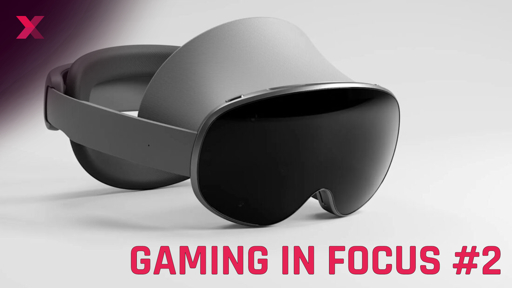For industry diehards, it’s hard not to feel a sense of vindication. Daydream had a lot of issues – draining phone batteries, wonky 3DOF motion controllers, and a lack of smartphone support to name a few – but it felt this close to cracking it before Google threw in the towel. Prototypes for a pair of 6DOF controllers never made it to market, and Daydream died just as Quest began to take off.
What could have been. Had Google not surrendered to its trademark flakiness, the industry might have two widely successful standalones in the market today. But I believe it is possible for the company to regain that ground. Or, at least, part of it.
Android XR almost certainly isn’t going to compete with Quest on price. I’d expect it to be closer to Vision Pro. It’s not going to have as expansive a library of apps, either, and it’s unclear if Google will fund Android-first apps to play the exclusivity game. These are all the caveats that Apple faced with Vision Pro, and they’ve led to an inarguably underwhelming first year for that device, even when you acknowledge it’s not a mass market product.
Avoiding a similar outcome will require a careful balance of responding not just to Apple’s fledgling VisionOS but Meta’s own Android fork in Horizon OS.


